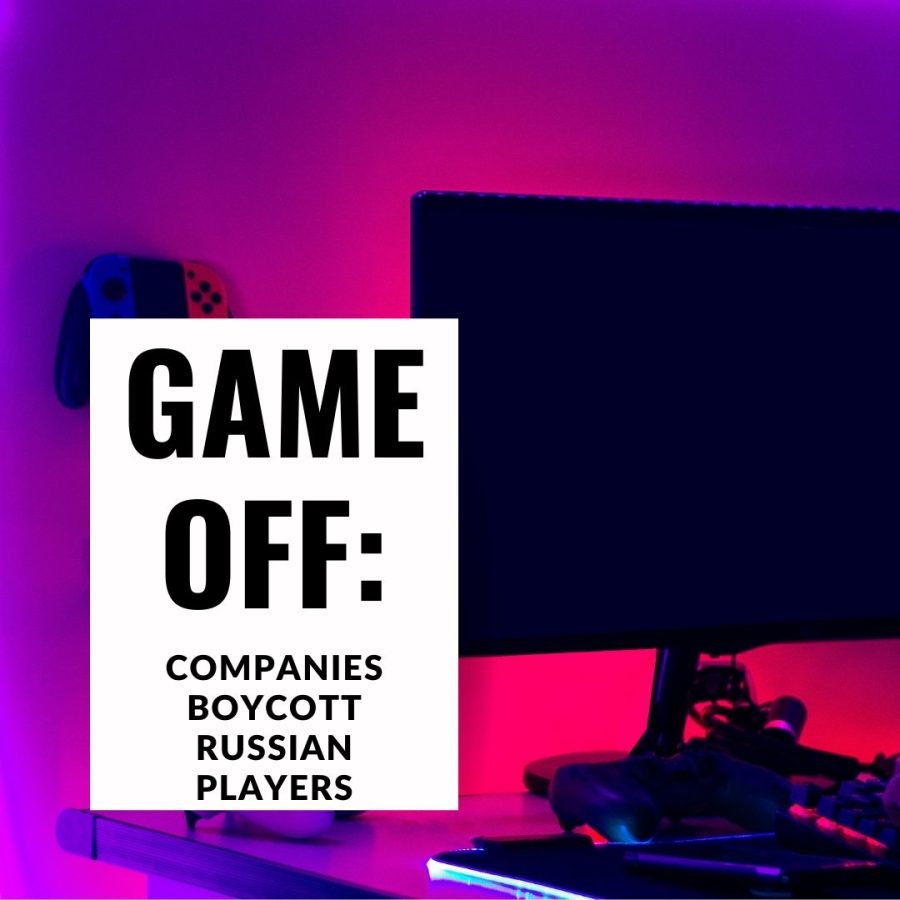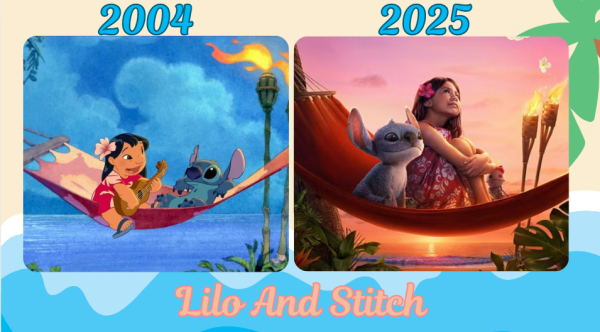Gaming Boycotts In Russia
An admirable gesture, but not much else
I know what you’re thinking: “Hey Sam, why are you writing about politics while you typically cover technology and gaming?” Don’t sweat it, someone else already covered the political and social impact of the invasion in an article last edition. Every single industry has been heavily impacted by the events, with many taking a stand with Ukraine or not taking a stance at all. Many gaming power-houses have followed suit, ceasing sales of their products in Russia entirely. However, the purpose and effectiveness of these motions are still questionable at best, which is why I hope to analyze this today, from unbiased eyes.
There’s two things that should be made immediately apparent before I start claiming anything potentially controversial. Video game companies are supporting the relief efforts of Ukraine, with the Pokemon Company, Sega, and Remedy Entertainment (Creators of the Alan Wake and Control) have all pledged donations to humanitarian causes. John Romero raised over 27,000 dollars with a new Doom 2 level. The second thing is that there are iconic game studios trapped in Ukraine that currently facing fear of bombing. Frogware, creators of the Sherlock Holmes series and Vostok, formerly GSC Game World, known for the S.T.A.L.K.E.R. series. The game industry is rooted into the conflict directly.
It all started on March 2nd, 2022, Ukraine’s vice-prime minister Mykhailo Fedorov published a letter addressed to the gaming industry asking companies to block Russian and Belarusian accounts and prevent their teams from participating in esports events.
“We are sure that such actions will motivate the citizens of Russia to proactively stop the disgraceful military aggression,” Fedorov argued. This moved industry titans like Nintendo, Sony, Microsoft, EA, Activision Blizzard, Epic, Take-Two Interactive, CD Projekt Red, and Ubisoft, who all blocked sales of their goods in Russia. There are two ways to look at the decisions, but one thing is for sure, Russian gamers are missing out on not only every console’s sales but also a good majority of major titles if they haven’t purchased them already, and many live service games under this umbrella probably won’t run for them either.
Now, this all sounds very moral and correct, with it all in good taste when unprovoked hostility is occurring between two nations. It isn’t out of corporate greed either, because pulling sales in Russia loses them 3.4 billion dollars in potential revenue, and no amount of good press will make up that much in sales. The only people this really hurts is Russian gamers, many of whom don’t support the war at all. The majority of gamers are of younger age groups, so the 18-24 year old demographic data found from Russia’s war support diagnostics suggest that 39 percent do not support the war. On the other hand, 66 and over have demonstrated a 75% support rate.
This gaming boycott only hurts Russia’s youth, and even Amr, Chief Executive of Frogwares, admits this: “Yes, it is terrible that everyday Russian citizens need to be the targets of these economic methods,” he explains, “but right now Ukrainian citizens are the targets of Russian rockets and shelling.”
With such a large percentage of the population unaffected by the boycott, is this really the right move? I’d argue not. There are far more effective boycotts, like with various food chains, even if the air is of McCarthyism. In fact, calling to ruin the reputation of well-known figures or figureheads because of communist fear and aggression? Seems pretty McCarthy-esque. There’s even a Yale professor who made a list of companies who didn’t boycott or leave Russia yet, pretty cleanly replicating the blacklists of 1950 Hollywood. All this is to say that anti-Russia sentiments aren’t new, and replicating the behavior of our paranoid ancestors doesn’t make a good look. Regardless, I’m not trying to get into the politics of the situation. This article is covering video games, not the ongoing crisis that is better covered by other journalists.
I’m not here to claim that world leaders don’t know what they’re doing, but the targets are all wrong. Children and new-to-life adults aren’t going to change as much as perceived, but regardless, world crises call for desperate measures. We’ll find out soon enough how the boycotts fare to resolve the invasion.







